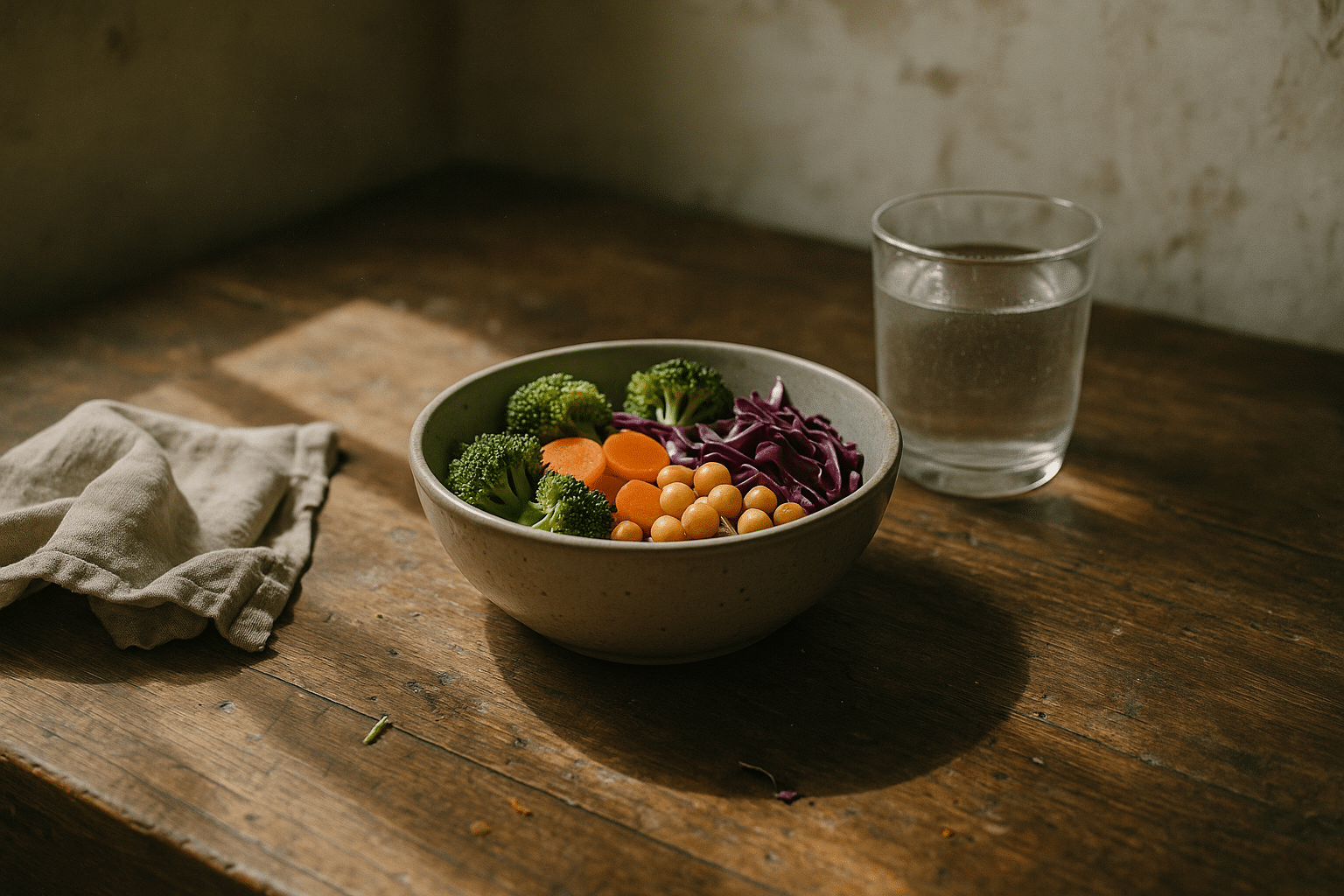
How to Start a Home Composting System
Composting at home is a fantastic way to reduce waste, enrich your garden, and contribute to a more sustainable lifestyle. Whether you’re new to composting or looking to refine your process, understanding the fundamentals can help you get started efficiently and effectively.
Why Start Composting at Home?
Composting offers numerous environmental benefits, such as reducing landfill waste and improving soil health. According to the Environmental Protection Agency, food scraps and yard waste make up about 30% of what we throw away, and these materials can be composted instead.
Benefits of Home Composting
- Reduces landfill waste
- Enriches soil with nutrients
- Reduces the need for chemical fertilizers
- Encourages the production of beneficial bacteria and fungi
Getting Started with Composting
Choose the Right Composting System
There are several types of composting systems to consider. Some popular options include:
| System Type | Pros | Cons |
|---|---|---|
| Backyard Bin | Easy to manage, good for large spaces | Requires outdoor space |
| Tumbler | Quick composting, less mess | Can be expensive |
| Worm Bin | Great for indoors, efficient | Requires maintenance |
| Trench Composting | Low maintenance, no equipment needed | Limited to garden areas |
What to Compost
Understanding what can go into your compost is crucial. Here are some materials you can include:
- Fruit and vegetable scraps
- Coffee grounds and filters
- Eggshells
- Grass clippings
- Dry leaves
What Not to Compost
Avoid adding the following to your compost pile:
- Meat or dairy products
- Diseased plants
- Pet waste
- Oily foods
To speed up the composting process, maintain a balanced mix of green and brown materials. Green materials (like kitchen scraps) provide nitrogen, while brown materials (like dry leaves) provide carbon.
Maintaining Your Compost Pile
Regularly turning your compost ensures proper aeration and speeds up decomposition. Aim to turn your pile every 1-2 weeks.
Expert Insights
“A well-maintained compost pile can break down organic material in as little as three months,” notes gardening expert Emma Green. “The key is maintaining the right moisture and balance of materials.”
Common Composting FAQs
FAQs
How long does it take to make compost?
The time can vary from two months to a year, depending on factors like the composting method and materials used.
Can I compost in an apartment?
Yes, using a worm bin or indoor composting bucket can be effective solutions for small spaces.
Conclusion
Starting a home composting system is a rewarding endeavor that contributes to sustainability. By following the steps outlined here, you can create nutrient-rich compost for your garden while helping reduce waste. Embrace the journey towards a greener lifestyle and enjoy the benefits of your efforts.


